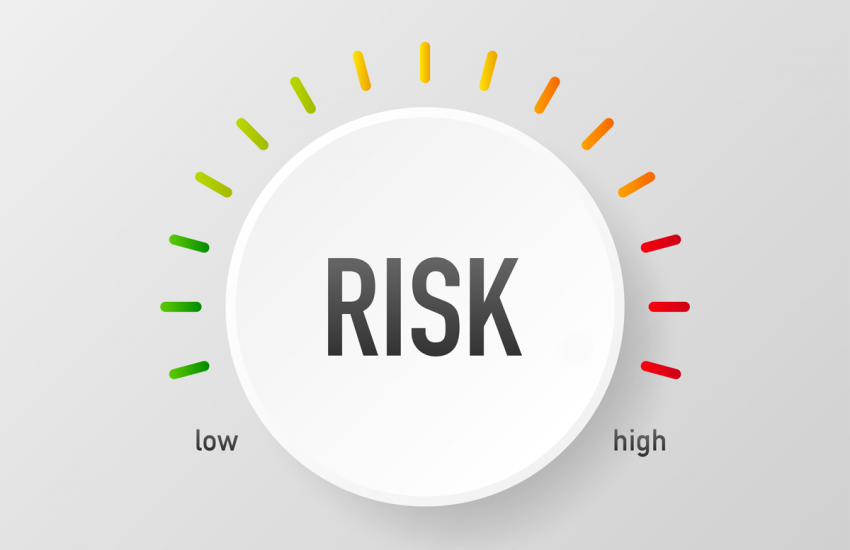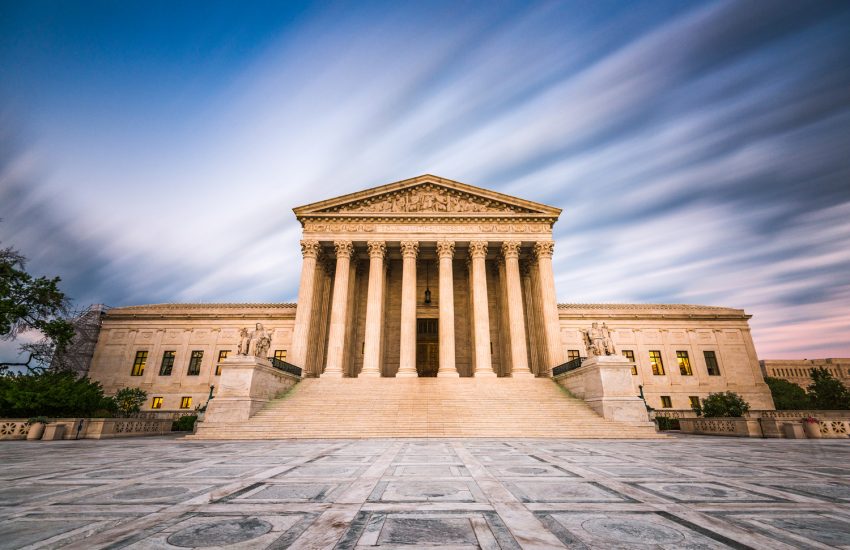The battle surrounding the regulation of automobile emissions standards lost some steam last week after a number of major automakers withdrew their support of the Safer Affordable Fuel-Efficient (SAFE) Vehicles rule enacted by the Trump administration.
Certain major car manufactures are looking to exit the federal litigation, in which automaker trade groups intervened on behalf of the federal government to support the SAFE rules that sought to strip states of the ability to set their own vehicle greenhouse gas emissions and fuel economy standards. These …
Continue Reading








